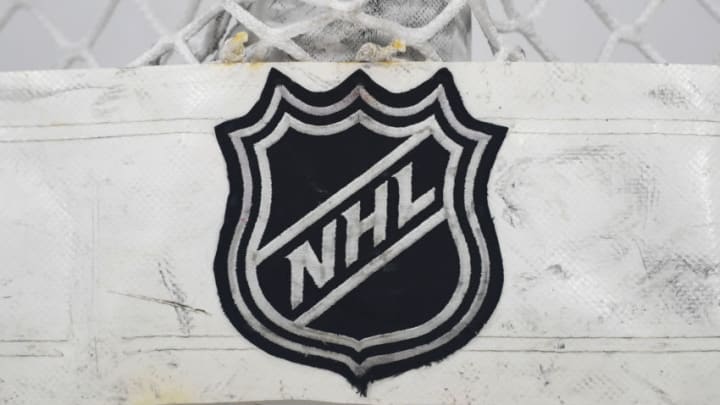Things have been evolving in the NHL as of late. Are we at another crossroads? Is the narrative evolving as it should? Will it lead to a call for change?
Time has made for a spectacular collection of memories for millions of NHL hockey fans worldwide. What began as a simple game has developed into a veritable chess match on and off the ice, while yet maintaining the essential core of grit, strategy, grace and sheer will.
New hockey heroes step into the game daily, on the backyard rinks of many a small town. On driveways, with dented garage doors bearing witness. On a city side street, where a hockey ball draws out a spontaneous game, pausing only for passing cars. Best of all, on a frozen pond, whenever possible. All of this naturally, and usually, without prompting.
More from Puck Prose
- Detroit Red Wings 2023 Rookie Camp Has Plenty of Ups and Downs
- This Columbus Blue Jackets rookie doesn’t want to be forgotten
- 2 trades the Boston Bruins must make to secure the Stanley Cup
- 3 reasons the Avalanche won’t win the Stanley Cup in 2024
- This is a big year for Alex Turcotte and the Los Angeles Kings
If a young player has exceptional attributes to excel at a higher level in the sport, things change for that player. The hours spent in the reckless and creative atmosphere at the local rink are reined in, and time on the ice becomes more structured. It’s now time for that player to reach for the next level. Financial constraints, travel, and living arrangements now also become part of the picture.
As the risks ramp up, so does the pressure to succeed. The player will need to find a way to shut out those pressures while following the dream. This scenario has played out countless times, it’s nothing new. The game of hockey, by virtue of its demands and rewards, continues to offer up some of the very best life lessons. A player’s family and community support often a hallmark of how those lessons come to fruition.
A few years later, should that talented player be fortunate enough to be drafted, the dream continues with more weight. Waiting for call ups, any chance to prove himself on the big stage. Taking the painful trip back to the minors, working hard, and waiting for another call. A state of limbo that can stretch out over years’ worth. Sometimes never to get another call.
If that player makes his way onto an NHL roster, it is an amazing feat. Staying on that roster even more so.
Eventually, that young player might find himself at a new crossroads in the NHL. The painful present-day intersection, where salary caps cripple and this newly minted RFA seeks out their very highest value as they emerge from an ELC.
Agents descend, with direct mandates, as well as heavily invested parents convinced their son is the next superstar creating a new sense of havoc for the GMs involved. Teams dismantled and reorganized, sometimes overnight, in an attempt to make financial room for RFAs. Case in point, the Toronto Maple Leafs. And there are other teams on the cusp of similar decisions.
Will this be able to continue as a sustainable business model as the current salary cap structure remains? More importantly, what will happen to the drafting process if teams invest years into developing bright young prospects, only to find those prospects to be unaffordable after their ELC has expired? What will happen to franchises over time if they cannot afford to build a balanced roster under the salary cap restrictions?
What will happen to the league overall if these financial issues build to the point where the development of those teams will be affected for years’ worth? How will a franchise’s fanbase respond to that?
NHL hockey was steered by ownership and management for many decades’ worth. So was the money. Over time, the pendulum has swung in the opposite direction as players seek to gain rightful control over what they are entitled to, and the story stands to be changed drastically.
Is there a way to engage both players’ hopes, dreams, and financial aspirations as well as build competitive, durable franchises? Should the NHL salary cap be revised and adjusted? I hope that is possible. I hope the big picture is still attainable over time, and that we can hold onto to the real reasons we love this beautiful game so much.
But mostly, I hope kids keep stepping onto the ice in their wobbly skates and find themselves just enjoying the sport of hockey for their reasons.
And their reasons alone.
